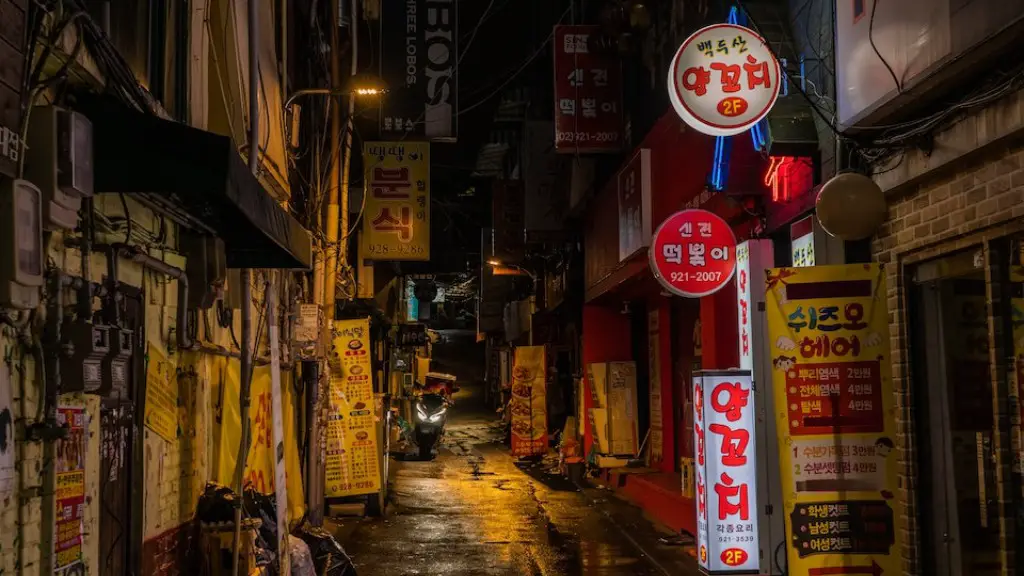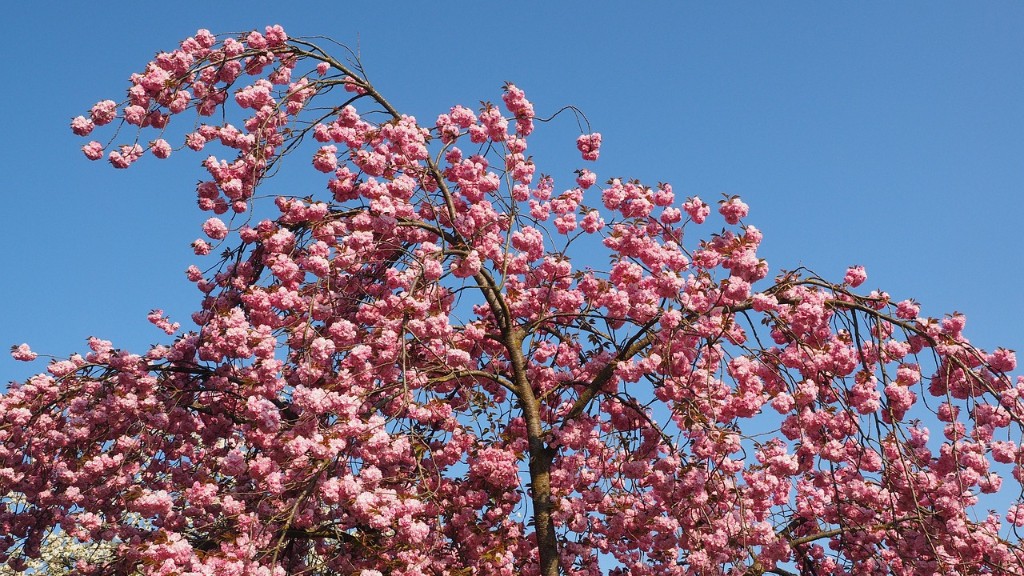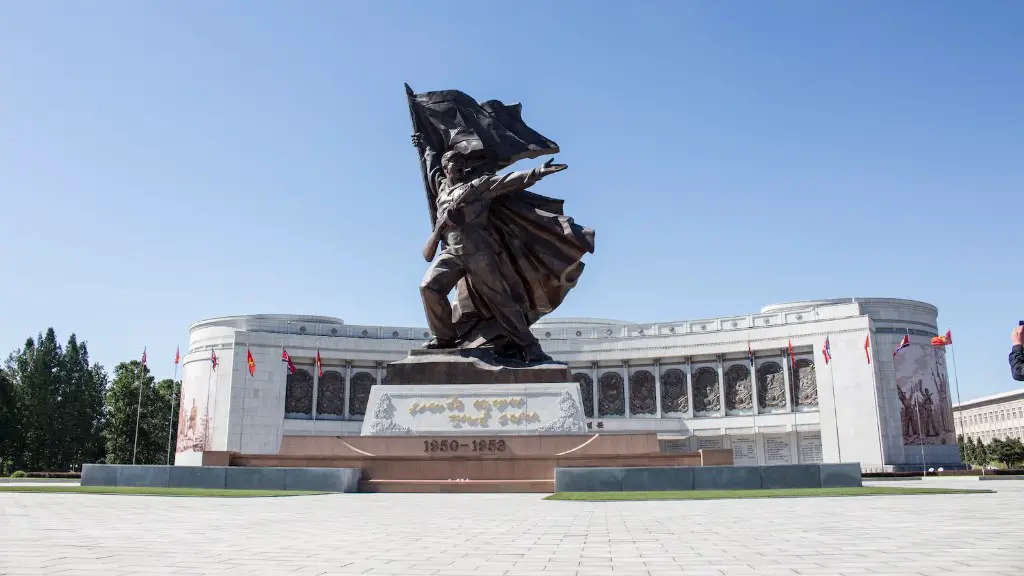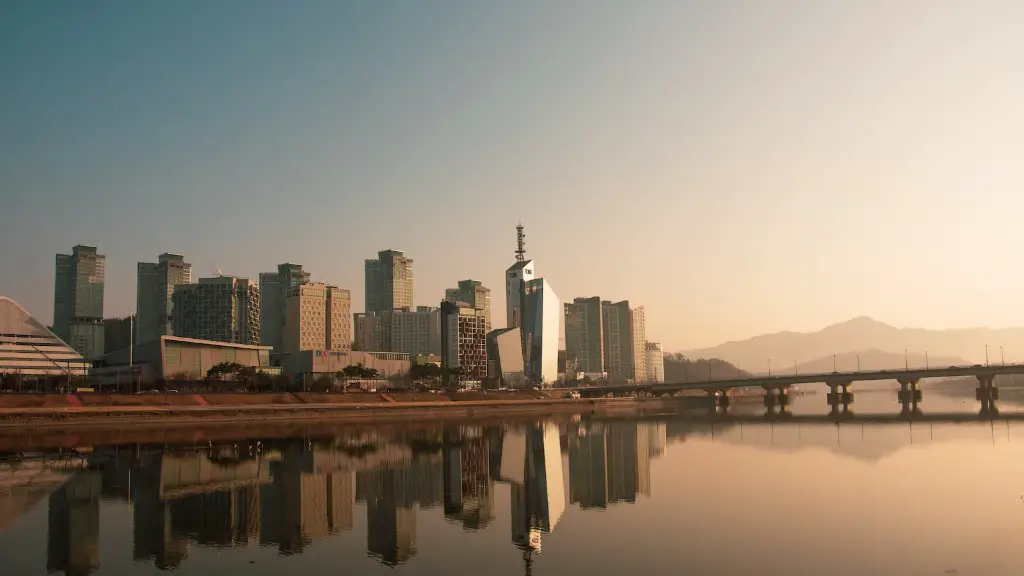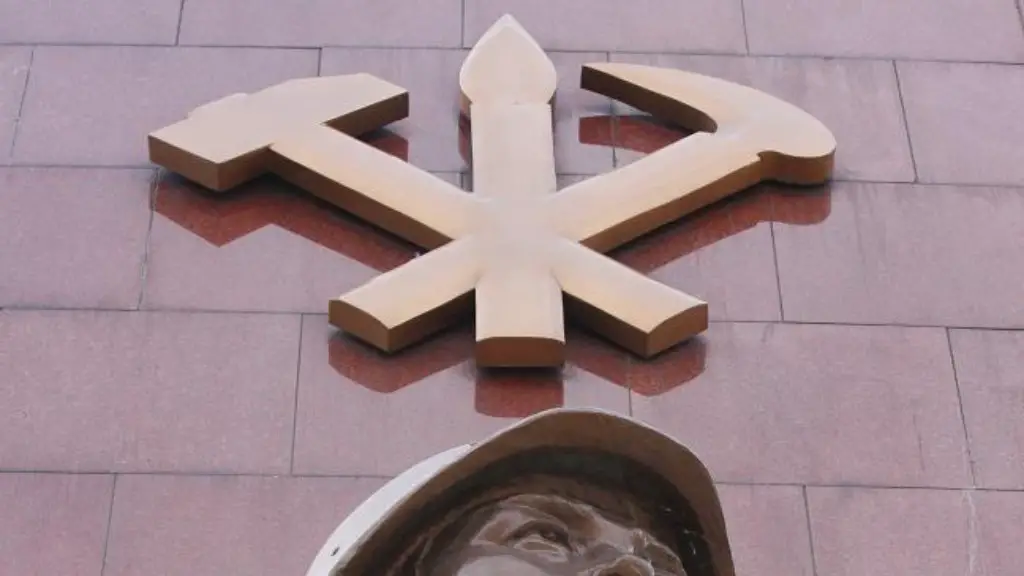North Korea is an East Asian country located in the northern half of the Korean Peninsula, bordered by China and Russia. It is the world’s most closed country and one of its most isolated, with a population of around 25 million people. Despite international pressure, the North Korean government has maintained a tight grip on its borders and its citizens. North Korea is ruled by a single-party socialist government, and its economy is heavily reliant on foreign aid.
Located on the eastern side of the Korean Peninsula, North Korea is surrounded by China and the Yellow Sea to the west, the Sea of Japan to the east, South Korea to the south, and Russia to the north. The country covers an area of approximately 46,540 square miles and has a coastline of approximately 1,430 miles. It shares a border with both China and Russia, as well as South Korea.
North Korea is known for its strict secrecy and human rights abuses, as well as its nuclear weapons program. The country is thought to possess up to 30 nuclear warheads and is the only country in the world to have tested nuclear weapons in the 21st century. In addition, the country is believed to have a vast chemical and biological weapons arsenal. Despite international efforts to pressure North Korea to abandon its nuclear program, the country has refused to do so.
Analysts point out that North Korea has long used its nuclear weapons as a bargaining chip to protect its domestic interests and win concessions in international negotiations. They argue that the country’s nuclear arsenal is mainly a deterrent against outside attack, and current conditions have forced the country to rely on its nuclear weapons program as a means of self-defense.
Experts suggest that the possession of nuclear weapons has allowed the North Korean government to remain relatively insulated from the influences of other countries, particularly those of South Korea and the U.S. According to one analyst, the North Korean government is “paranoid about maintaining its own independence and avoiding becoming dominated by other countries, which it sees as a fundamental threat to its stability and existence.”
Despite the international community’s condemnation and sanctions, North Korea remains one of the world’s most closed off countries. The country’s political and economic system has been largely untouched by international standards, and the North Korean people live under a set of oppressive laws and regulations that restrict their access to information and stifle their ability to freely express themselves and organize politically.
The Soviet Union and China have long provided North Korea with economic and military support. The Chinese government has helped the North Korean government establish ties to the global economy, allowing it to earn income from exports and receive foreign aid from other countries. In addition, China has provided North Korea with energy and technology assistance, allowing the government to build up its military capabilities and upgrade its weapons technologies.
Additionally, North Korea has maintained close ties with Iran and other Middle Eastern countries who have similar ideologies and views on international relations. North Korea has also forged ties with Russia, which helped it develop its weapons programs and gave it a foothold in the global economy.
In spite of the international community’s efforts to pressure North Korea to abandon its nuclear arsenal and reform its economy, the North Korean government has resisted these demands. As such, the country remains one of the world’s most isolated and secretive countries.
International Relations
The North Korean government maintains a largely hostile relationship with the international community. North Korea has repeatedly asserted its right to develop nuclear weapons and has refused international demands to abandon them. The country often responds to international pressure with verbal attacks and provocative behavior. Its foreign policy is primarily aimed at gaining recognition of its independence and ensuring its national security.
The country has also been accused of carrying out cyber-attacks against its enemies. In recent years, suspected North Korean state-sponsored hackers have targeted financial institutions in the United States and other countries. North Korea has denied these allegations.
The country has forged ties with Iran, Syria, and other Middle Eastern countries that share similar views on the international system. North Korean officials have also had secret talks with the United States in an attempt to improve bilateral relations. However, these efforts have thus far been unsuccessful.
North Korea’s relations with South Korea have continued to remain tense. Cross-border exchanges have been limited and have only taken place in rare cases. North Korea has refused to recognize the legitimacy of the South Korean government and has repeatedly refused to sign a treaty ending the Korean War.
Economic Situation
The North Korean economy is heavily dependent on foreign aid, mostly from China and Russia. North Korea’s economic system is largely state-controlled, and its citizens lack access to basic resources like food, water, and electricity. The country also lacks the necessary tools and resources to develop its industry, resulting in a high level of economic stagnation.
The country’s economic growth has been stunted by the international sanctions imposed by the United Nations. Its economy is largely isolated from the global market, and its citizens are limited in what they can buy and sell abroad. The country also suffers from a lack of access to international capital, which has impeded the development of its economy and infrastructure.
Despite these challenges, some analysts say that North Korea’s economy has made some strides in recent years. The country is believed to have undertaken some economic reform measures, including loosening restrictions on foreign investment. In addition, North Korea has made an effort to attract more foreign businesses and investors by offering incentives like tax breaks and relaxed trade regulations.
The country is also believed to have increased its exports of minerals and raw materials to China, although the exact details are unknown. In addition, North Korea is thought to be producing a growing amount of illicit drugs and arms, which it sells to countries around the world.
Political Structure
North Korea is a single-party socialist state ruled by the Korean Workers’ Party. The country has a centralized power structure and is highly authoritarian. Political freedom is almost non-existent in North Korea, and the government strictly controls the media and internet access.
The Supreme Leader is the head of state and holds absolute control over the government. He is supported by a powerful bureaucracy that consists of security forces, military, and the Workers’ Party. All political activity is tightly regulated and dissent is not tolerated by the government.
Despite the government’s heavily oppressive policies, North Koreans have staged sporadic demonstrations against the government in recent years. These have been met with harsh suppression by the security forces.
The North Korean government has also engaged in cyber-warfare and espionage activities against its neighbors and the international community. In addition, the government has been repeatedly accused of sponsoring militant groups in other countries and of pursuing weapons of mass destruction.
Living Conditions
Life in North Korea is largely isolated and repressive. Citizens do not have access to basic necessities such as food, water, and electricity. The government strictly controls the media and has imposed severe restrictions on the movement of people within the country.
The North Korean economy is largely state-controlled and in dire straits. The country relies heavily on foreign aid and trade with China to keep its economy afloat. In addition, the country suffers from a lack of investment and infrastructure, resulting in a high rate of poverty.
Human rights abuses are rampant in North Korea. Political prisoners are held in concentration camps, and the government severely restricts its citizens’ access to information and freedom of expression. The government also maintains strict control over its citizens by monitoring their activities and movements.
The North Korean government has also been accused of engaging in widespread rights abuses against its citizens, including extrajudicial killings, torture, and arbitrary detention. In addition, the government is believed to be using starvation as a tool of repression.
Conclusion
Located in the northern half of the Korean Peninsula, North Korea is one of the world’s most isolated and secretive countries. The North Korean government has resisted international calls to abandon its nuclear weapons and reform its economy, maintaining a tight grip on its borders and citizens. Relations with the international community are hostile, and North Korea is subject to international sanctions.
The North Korean government is authoritarian and repressive, and its citizens suffer from a lack of basic necessities and freedom. North Korea has been accused of engaging in cyber-attacks and sponsoring militant groups, and its nuclear weapons program has posed an international threat. Despite the conditions in the country, North Korea remains a highly isolated nation with a unique political and economic system.
